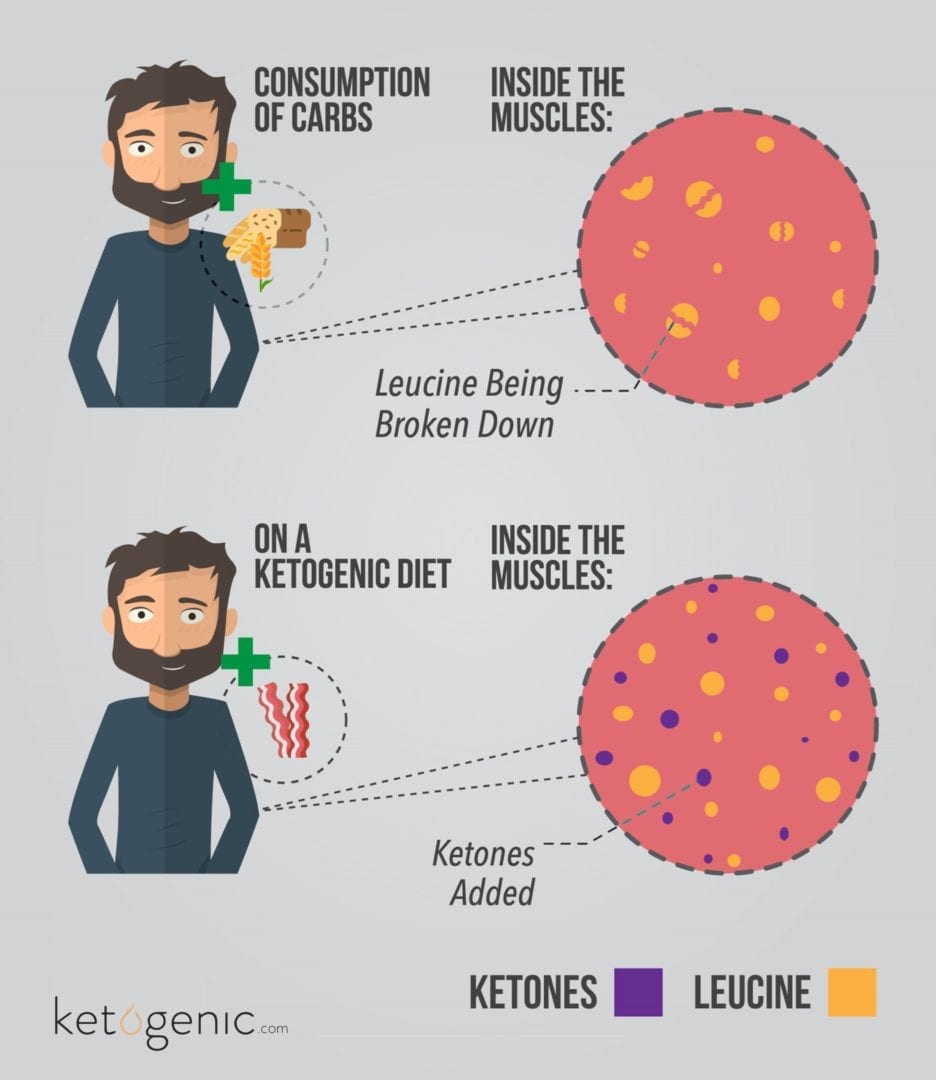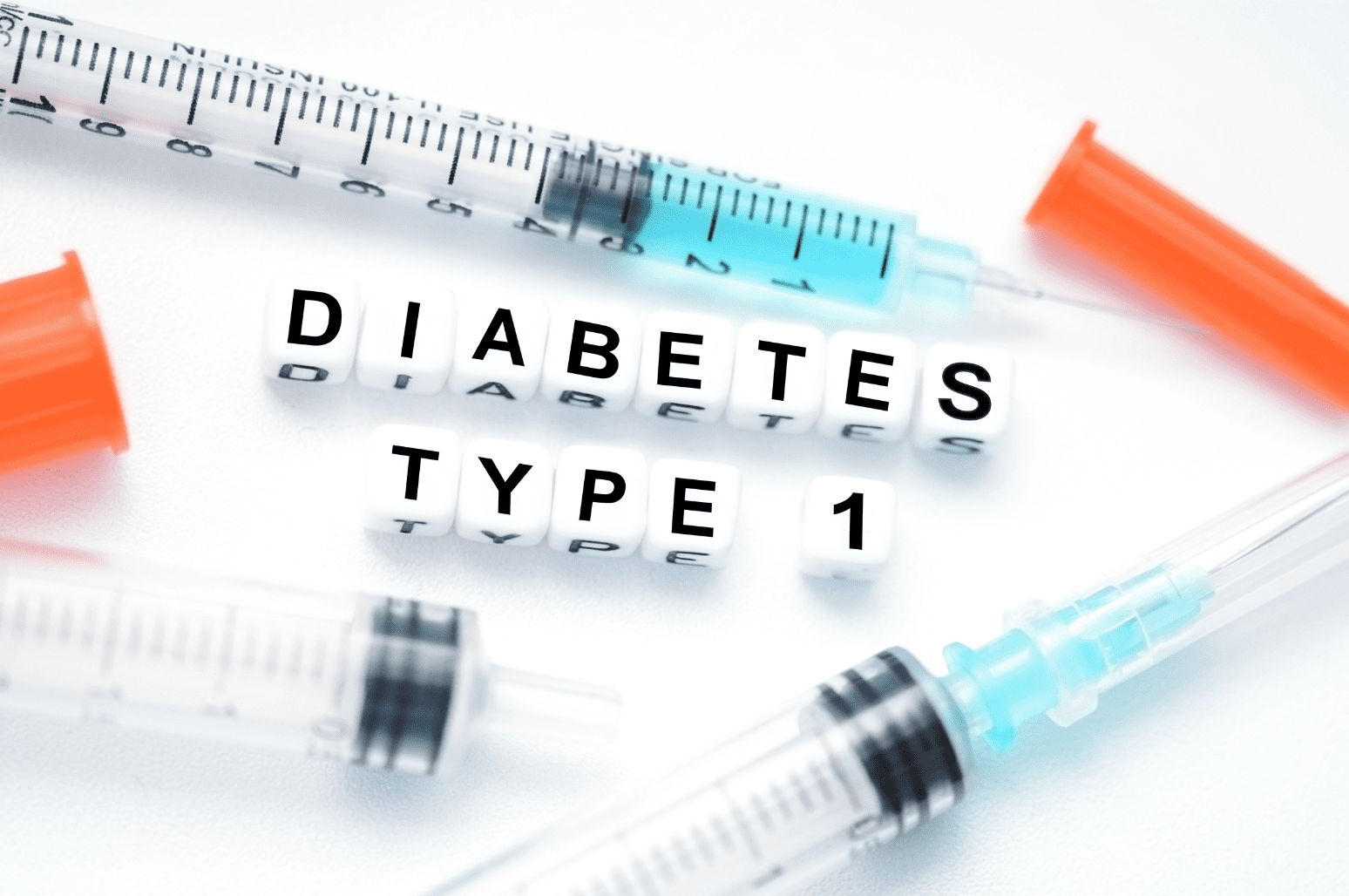
Sometimes, people who claim to follow a ketogenic diet are actually following a low-carb diet. This article will help clear up confusion on the differences between keto vs low carb and discuss the benefits of a well-formulated ketogenic diet as compared to a traditional low-carb diet.
Low-Carb Defined
Although the definition varies across literature, a low-carbohydrate diet tends to be classified as a diet containing less than 30% of calories from carbohydrates [1]. While most low-carb diets contain 50-150 grams of carbs per day, some athletes adhering to this type of diet have over 200 grams of carbs due to their higher caloric requirements.
The rest of the calories contained in the diet usually come from high protein intake and moderate-to-high fat intake.
Keto vs Low Carb
Unlike the typical “low-carb” diet, a well-formulated ketogenic diet follows a high-fat, moderate-protein, low-carb approach, i.e., approximately 75% fat, 20% protein, and 5% carbohydrates. A ketogenic diet typically allows for about 20-50 grams of carbohydrates per day [2].
This macronutrient profile allows the body to start producing and, eventually utilize, an alternative fuel source, known as ketones [3]. This process is analogous to changing your car’s fuel source to something longer-lasting, more readily available, and more sustainable overall.

The Main Problem with “Low-Carb”
A common mistake with the ketogenic diet is going “low-carb” but still having a high protein and moderate fat intake. As discussed in previous articles, carbohydrate restriction is essential for a ketogenic diet. However, the high-fat, moderate-protein component is equally as important. If protein intake is too high on a low carb, low-calorie diet, your body could increase glucose production through a process known as gluconeogenesis.
More research is needed in this area as it relates to ketogenic dieting. Ultimately, this could prevent your body from achieving a state of nutritional ketosis.
Benefits of a Keto Diet vs Low Carb Diets
While calorie balance may be a critical factor in determining weight loss or weight gain, a “low-carb” diet can negatively affect one’s quality of life and diet outcome. This effect is largely due to the resulting inability to achieve “ketosis” or provide a great deal of carbohydrates for energy. Most people here are essentially “stuck in the middle” between two options.
There are several benefits of a ketogenic diet over a regular “low-carb” diet approach:
Greater Fat Loss and Lean Mass Retention
Ketogenic diets are protein sparing, meaning that your body will not burn amino acids for energy, but instead use ketones as a primary energy source [4] [5].
On a low carb diet, protein and amino acids are likely to be used for energy due to a shortage of glucose from carbohydrates. Instead, the body may utilize gluconeogenesis to produce glucose for energy. As a result, “low-carb” diets can result in more lean mass loss during weight loss.
A study by Young [6] compared: 1) a low carb diet (100 grams), 2) a lower-carbohydrate diet (60 grams), and 3) a ketogenic diet (30 grams). Subjects had all of their meals prepared for them and each consumed the same amount of protein. The subjects in the ketogenic group lost significantly more body fat and maintained more lean mass than the subjects in the other two conditions. This was likely due to higher ketone levels in the 30-gram group and their protein-sparing effect.

Improved Brain Function
The trials people encounter during “low-carb” dieting are unpredictable, ranging from mild discomfort and fuzzy-headedness to full-blown flu-like symptoms like nausea, fatigue, mental fog, headaches, cramps, diarrhea, etc. When truly in ketosis, energy levels are typically higher and more stable, increased focus and concentration can be experienced, and any “flu-like” systems subside once one has adapted to the diet. These benefits likely stem from the fact that ketone levels are actually elevated on a ketogenic diet compared to a traditional low carb approach.
Reduced Hunger and Improved Satiety
Low carb diets have been shown to improve satiety in comparison to a standard Western diet [7], mainly because of the increased level of fats and protein in the diet. Decreasing carbs and increasing protein and fats can help to reduce fluctuations in blood sugar, promote fatty acid metabolism, and provide satiety or fullness through interactions of digestive hormones.
When someone is on a ketogenic diet, the body is fueled by a long-lasting, sustainable, and readily available fuel source – ketones. This reserve source of fuel is extremely large regardless of how lean an individual is. Compare that to running on glucose from carbohydrates or protein, which are available only in the limited amount we can store and can consume in our diet.
Following the consumption of a large carbohydrate-containing meal, individuals tend to eventually become hypoglycemic, which triggers greater hunger and leaves individuals on the roller coaster in search of more food. However, on a ketogenic diet, appetite hormones like leptin and ghrelin appear to favor satiety and keep you fuller longer.

Final Thoughts on Keto vs Low Carb
The macronutrient compositions of traditional low-carb diets typically do not meet the requirements of a true ketogenic diet. When a ketogenic diet is strictly adhered to, the benefits include more favorable body composition, enhanced brain function, and increased satiety. Ultimately, the choice of going keto vs low carb depends on your needs, goals, and preferences.
References
Oh R, Gilani B, Uppaluri KR. Low Carbohydrate Diet. [Updated 2020 Jul 9]. In: StatPearls [Internet]. Treasure Island (FL): StatPearls Publishing; 2020 Jan-. Available from: https://www.ncbi.nlm.nih.gov/books/NBK537084/
Masood W, Annamaraju P, Uppaluri KR. Ketogenic Diet. [Updated 2020 Dec 14]. In: StatPearls [Internet]. Treasure Island (FL): StatPearls Publishing; 2020 Jan-. Available from: https://www.ncbi.nlm.nih.gov/books/NBK499830/
Shilpa, J., & Mohan, V. (2018). Ketogenic diets: Boon or bane?. The Indian journal of medical research, 148(3), 251–253. https://doi.org/10.4103/ijmr.IJMR_1666_18
Vazquez JA, Adibi SA. Protein sparing during treatment of obesity: ketogenic versus nonketogenic very low calorie diet. Metabolism. 1992 Apr;41(4):406-14. doi: 10.1016/0026-0495(92)90076-m. PMID: 1556948.
Koutnik AP, D’Agostino DP, Egan B. Anticatabolic Effects of Ketone Bodies in Skeletal Muscle. Trends Endocrinol Metab. 2019 Apr;30(4):227-229. doi: 10.1016/j.tem.2019.01.006. Epub 2019 Jan 31. PMID: 30712977.
Charlotte M. Young, Ph.D., Sonia S. Scanlan, M.N.S., Hae Sook Im, M.N.S., Leo Lutwak, Ph.D., M.D., Effect on body composition and other parameters in obese young men of carbohydrate level of reduction diet. The American Journal of Clinical Nutrition, Volume 24, Issue 3, March 1971, Pages 290–296, https://doi.org/10.1093/ajcn/24.3.290
Benlloch M, López-Rodríguez MM, Cuerda-Ballester M, Drehmer E, Carrera S, Ceron JJ, Tvarijonaviciute A, Chirivella J, Fernández-García D, de la Rubia Ortí JE. Satiating Effect of a Ketogenic Diet and Its Impact on Muscle Improvement and Oxidation State in Multiple Sclerosis Patients. Nutrients. 2019 May 23;11(5):1156. doi: 10.3390/nu11051156. PMID: 31126118; PMCID: PMC6566517.









